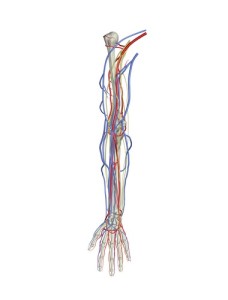In Duckett-Murray v. Encompass Ins. Co. of Am., Encompass did its best effort to refuse coverage when its insured needed it after thirty years of receiving premiums from its insured.
This has to be the least shocking development since Kim Kardashian’s last divorce. Listen, unlike a lot of lawyers, I understand when insurance companies fight like crazy in third party claims where the claimant is not their client. But this is a case where the family had been paying premiums for almost 30 years. When an insurance company loses an appellate case on coverage involving their own insured, they should be ashamed of themselves. Sure, perhaps it is a close call. But don’t you want to err in favor of your own client?
Thankfully, the Court of Special Appeals ruled for the victim. The key take-home lesson here is if there is any question about an umbrella or uninsured coverage, turn over every last stone. Because there is a real good chance you will find a path to move coverage.








 JVR provides more median verdicts for
JVR provides more median verdicts for 